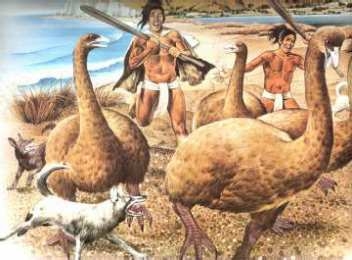 Dr. James Maskalyk is a Canadian physician who works with Medécins Sans Frontières (MSF or Doctors Without Borders). This book is based on the blog [http://www.sixmonthsinsudan.com/page/blog/]
Dr. James Maskalyk is a Canadian physician who works with Medécins Sans Frontières (MSF or Doctors Without Borders). This book is based on the blog [http://www.sixmonthsinsudan.com/page/blog/]he wrote while on his six-month tour of duty in Abyei, Sudan where he was the chief medical officer and sole physician for a small MSF-run hospital. The hospital had a dedicated staff, but minimal supplies, limited equipment, and a generator for electricity that could be used only a few hours each day.
Some of you may know of Sudan from the Darfur genocide. Abyei is not in Darfur, although it is near the far, southeastern corner of Southern Darfur. Abyei is in southcentral Sudan on the border between the warring factions of the North and South. While Dr. James (as he was known in Abyei) was in Sudan, Abyei was at an uneasy peace.
I think Canadians (and virtually any educated person from any country other than the United States) are geographically literate, so Dr. James did not spend a great deal of time “positioning” Sudan for the reader. However, in my experience, many, many people in the United States think of Africa as a country (even if they “know” it is a continent). This is the fault of the media and many educators who will say things such as: “Travel to China, India, and Africa is on the upswing.” But the more knowledgeable are aware that Africa is the second-largest landmass, a continent of 53 distinct countries where hundreds of different languages are spoken. Sudan is the largest African country at over 2.5 million square kilometers. It is larger in area than Alaska and Texas combined.
Arabic and English are the languages of education, government, and business. However, those living in towns and villages far from the capital of Khartoum or other major urban centers are more likely to speak one of the 400 or so local languages or dialects. This was certainly true in Abyei. Dr. James couldn’t speak Arabic let alone any of the local languages. This kept him at a distance from his patients that was in part bridged by interpreters, but more so by the fact that he so obviously cared about each patient.
And yet, Dr. James could do so little for so many of them. They arrived too late at the hospital. Or what they needed was unavailable. Or he lacked the equipment for a proper diagnosis. Or…
Healthcare should be a basic human right. Without it, the other rights hardly matter if you are too weak, too ill, starving, dying. The situation is even more dire in war zones, or those, like Abyei, where peace has only a tentative hold. It is the mission of MSF and doctors like Dr. James to take healthcare to where it is most needed. Without their efforts the forgotten areas of the world would be even harsher and grimmer places.
I strongly encourage you to read Six Months in Sudan. The beginning of a new year is a good time to learn something new, especially about one of the forgotten places of the world. Dr. James’ story will move you, perhaps to tears; I hope to action.



